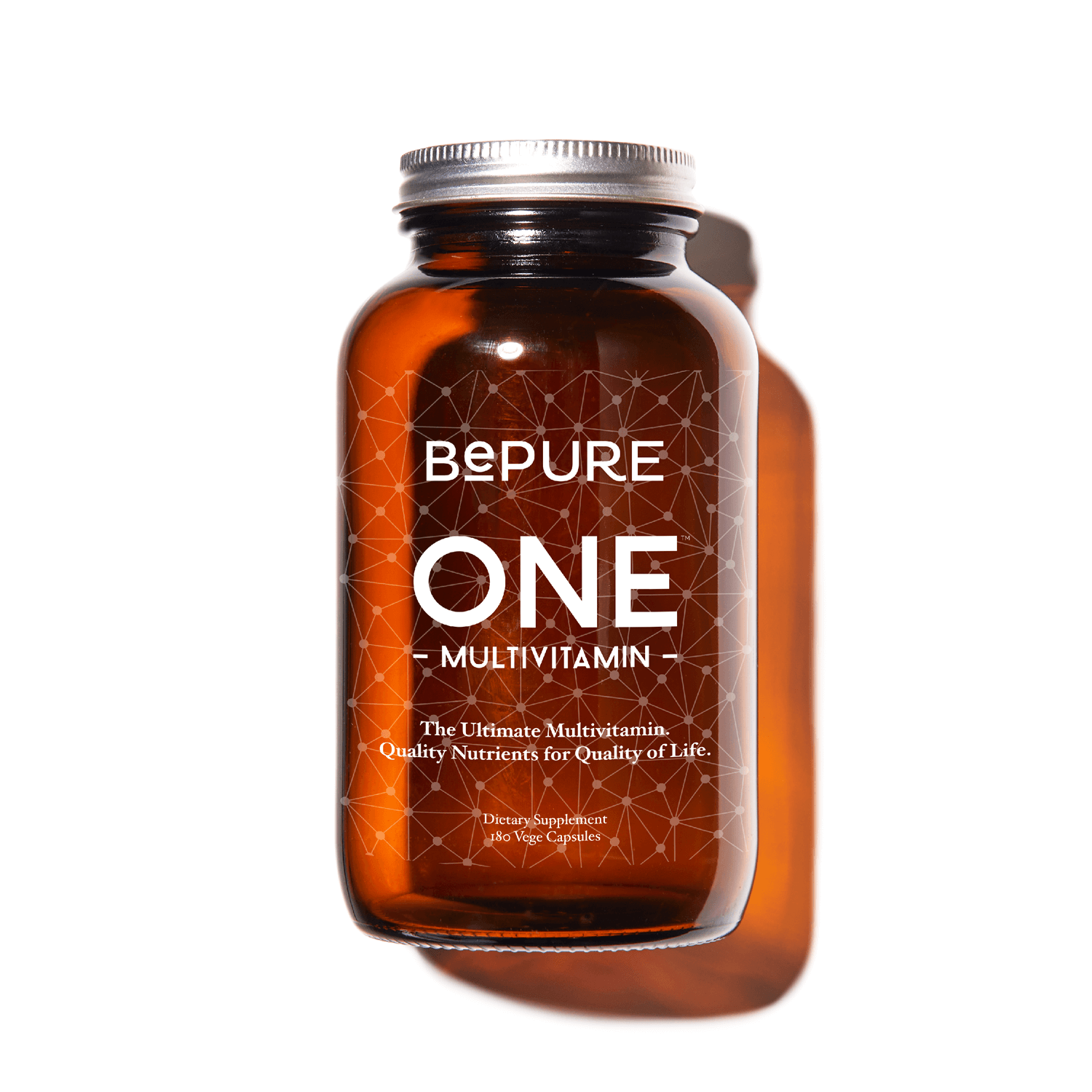Before we can get into anti-inflammatories (everyone's favourite), we need to know what inflammation even is!
Inflammation isn't actually as bad as it sounds - it is our body's protective defence mechanism against damaged cells, pathogens or irritants. It alerts our immune system, telling it that something’s wrong, so that antibodies can be sent to the area to repair the damage. The trouble is that for some types of inflammation, we can experience some unwanted side effects before the inflammation is even able to do its job.
There are two types of inflammation: Acute and Chronic
Acute Inflammation
Have you ever had a small cut or burn and then noticed that it gets red, a little warm, or maybe a blister? That’s acute inflammation and is a result of our blood cells rushing to the area to battle any infection and complete the healing process. This is a sign of a well-functioning body and most of us react in the same way.
Chronic inflammation, however, is a symptom of an overrun immune system. It's not experienced by everyone, and manifests in different ways...
Chronic Inflammation
Chronic inflammation is at the root of nearly all disease.
Chronic inflammation means our immune system is constantly reacting and this will eventually cause it to overreact or become dysfunctional. Long term, a dysfunctional immune system can lead to autoimmunity - when our immune system attacks its own cells.
What’s even more interesting is that the biggest potential source of inflammation is the gut. We talk a lot about the gut here at BePure because most health roads lead there!
When our gut health is compromised, our hormonal system can get out of balance too. A 2015 study actually showed that the suppression of inflammation was a major contributing factor (and a controllable one at that) to an increased, healthy lifespan.
Common examples of this include:
- Eczema
- Arthritis
- Grave’s Disease
- Type 1 diabetes; and
- Crohn’s Disease.
So, what drives it?
Some common culprits that lead to inflammation are:
- Poor diet
- Medication
- Increased body weight
- Stress
More specifically, inflammation in the gut can be driven by:
- Food intolerances (gluten and dairy, in particular, are common culprits we see at the BePure Clinic)
- Bacterial infection
- A diet high in refined sugars
- Insulin is released in response to high blood sugar levels and has a strong pro-inflammatory effect throughout the entire body!
- And stress gets a mention again!
Why is stress so bad?
Unfortunately, inflammation = stress, and stress = inflammation
Ongoing stress can alter the balance of our microbiome which can lead to ‘leaky gut’: when the junctions of our gut lining become leaky, our immune system kicks in because that which should be staying in the gut, is ‘leaking’ out and our immune system wants to attack these foreign proteins which might mean we develop sensitivities to proteins like gluten.
So now that we know what can cause inflammation, and how we can identify signs of it in our own body, here are simple ways to begin managing inflammation and reducing the risk of experiencing it.
8 Simple Ways to Manage Inflammation
Studies show that a change of habit is more likely to stick if we’re consistent and we’re more likely to be consistent if we start small. We don’t want to feel like we need to try all of the below at once so we recommend starting with a couple of tips and then if they work, add in a couple more or mix it up and try something new. There are no rules, it’s all about what works for you, so take the pressure off!
1. Managing your stress
“You can't control the waves, but you can learn to surf.”
Our bodies process all forms of stress in the same way—whether it is real or perceived. Not all stressful situations can be avoided, but we can take action on balancing that stress by making time and space for relaxing activities, like yoga, a slow walk, or taking a minute to practise a few rounds of deep breathing to relax our nervous system before proceeding with stressful tasks.
2. Try a diet rich in anti-inflammatory foods
- Oily fish (sardines, salmon, anchovies)
- Walnuts
- Flaxseeds
- Chia seeds
- Turmeric
Eating a variety of summer fruits and vegetables such as berries, and broccoli, also have anti-inflammatory properties, ideal during summer; think colourful salads and smoothies.
3. Add in a powerful omega-3 fish oil supplement
DHA and EPA are the active omega-3 fatty acids in fish oil. Together, DHA and EPA may help reduce inflammation and risk of diseases stemming from the body being chronically inflamed.
Not only do these incredible omega-3s support inflammation, DHA alone has been shown in particular to support brain, eye, joint and heart health. While EPA supports good cardiovascular and brain blood circulation, good immunity, and healthy joint mobility.
4. Quality Sleep
The circadian rhythms—our sleep-wake cycle—regulates our immune system, and with it, our levels of inflammation. When circadian rhythms are disrupted, so is normal immune function, and we become more prone to inflammation. Getting quality sleep supports our immune system, and in turn our inflammation levels.
5. Keeping on top of water intake
Hydration is vital for flushing toxins out of our bodies, which can help fight inflammation. This is especially important when drinking alcohol.
6. Spending time in the sun
Making sure we get safe sun exposure to top-up Vitamin D levels is a great way to support inflammation levels. Vitamin D is widely thought to play an important role in the modulation of our inflammation system. A Vitamin D supplement is the next best thing.
7. Movement
During movement or exercise, hormones are released which support inflammation on a cellular level. It’s also the best way to get those much-loved endorphins which, in turn, reduce stress! Even if time is in short supply, taking the longer route on the walk home will help.
8. Rest, Relax, Restore
Give yourself a break! Book in for some time just for you. Whether it's 10 minutes while the kids play, having a cup of tea by yourself, or practising some deep belly breathing to calm your nervous system. An increase in sympathetic nervous system (SNS) activity is a basic response in your body to inflammation.
Everything in our body is connected so it makes sense that there’s no magic solution to our woes. Instead, wellness and health come from lots of small decisions made daily which is pretty empowering if you think about it. We have all the tools we need to get and stay well, within reach.



